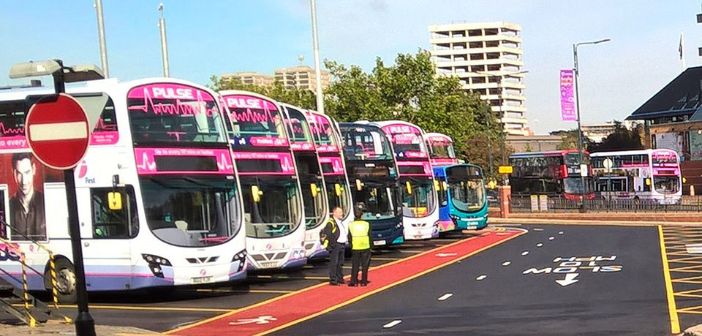The UK government has announced a package of £150m to support bus and light rail services across the country as operators adapt to changing travel patterns following the pandemic.
This represents the final tranche of pandemic-related support to operators and will run for six months until October 2022.
The funding aims to keep local transport services running and support both local authorities and operators across England as they continue working on bus service improvement plans.
Responding to the announcement Paul Tuohy, chief executive of Campaign for Better Transport, said: “We are grateful the government heeded our calls to continue supporting bus services until passenger numbers can begin to recover.
“This is good news for buses and the communities which rely on them and should help prevent the large-scale cuts to services we feared. We now want to see a government-led campaign to boost people’s confidence to leave their cars at home and get back on board public transport so that buses can start to fund themselves once again.”
Additionally, the government is investing a wider £3bn in bus services by 2025, including £1.2bn to improve fares, services and infrastructure, and a further £525m for zero emission buses.
This news was also welcomed by the Go-Ahead Group’s chief executive, Christian Schreyer. He said: “This funding for local buses will allow the industry time to build back passenger numbers. We’ve bounced back well from the Omicron variant, and our buses are carrying about 80% of the number of passengers they had before the pandemic. But working habits have changed, and it will take a little longer for a ‘new normal’ to settle in.
“In time, there are excellent prospects for bus usage to grow across Britain. Funding under the National Bus Strategy for bus lanes and priority schemes will speed up services in towns and cities, making them more attractive to passengers and allowing us to increase frequencies. If Britain is to move towards a net zero future, it is vital that people leave their cars at home and switch to public transport. This short-term finance will go some way towards bridging the gap and will help us build a broader network of successful bus services.”





